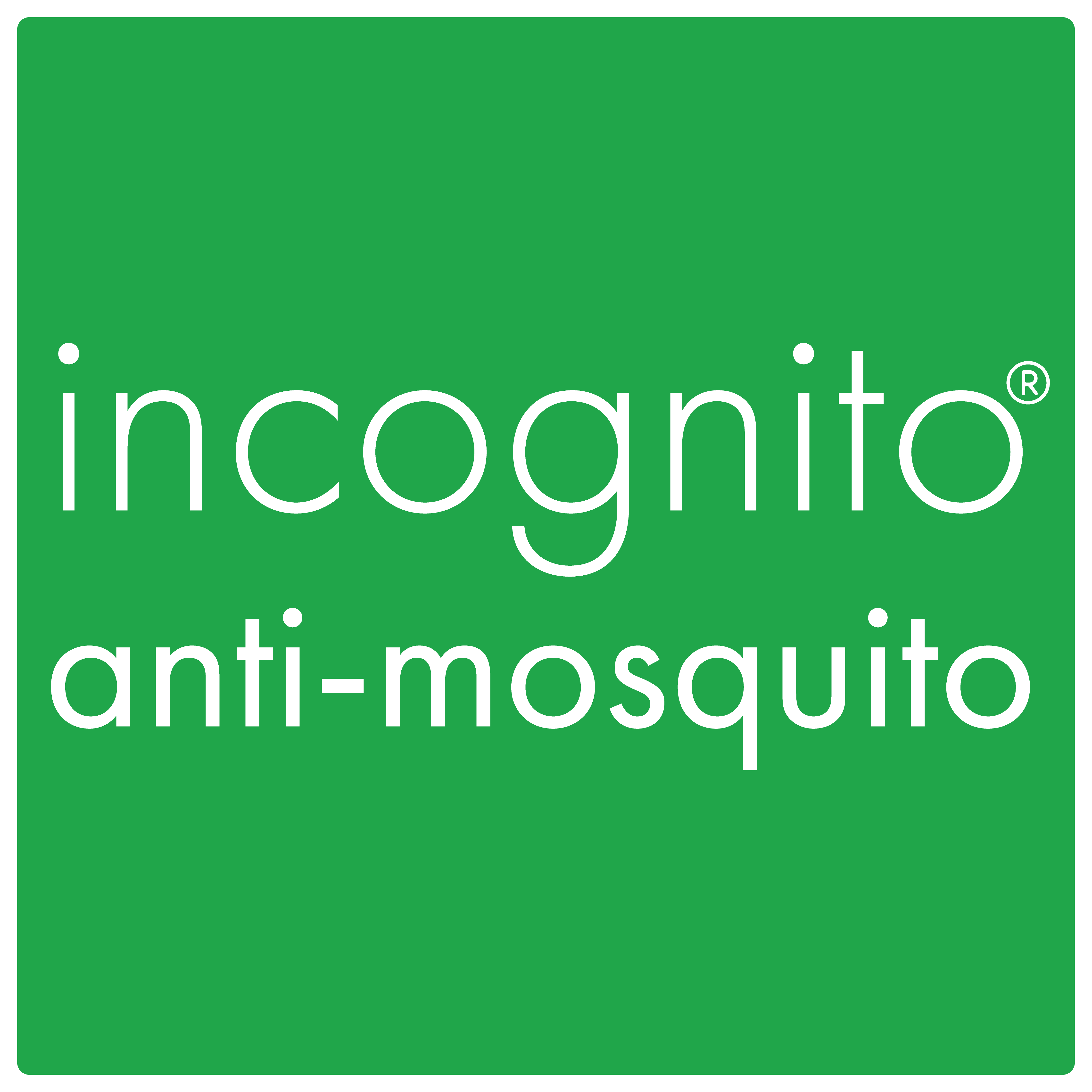Pensioners who have visited a malaria-infected country are ten times more likely to die from the disease than younger travellers, a study has revealed this week.
An article in the British Medical Journal reported that tourists over the age of 65 who have been exposed to the disease are ten times more likely to die than those aged 18 to 35. The report, based on a 20 year observational study of 25,000 patients by the London School of Hygiene and Tropical Medicine and the University of Oxford, also states that the death rate among tourists is particularly high when returning from a ‘winter sun’ holiday in the Gambia, West Africa.

There are reported to be 250 million cases of malaria in the world each year with more than 800,000 associated deaths.
For tourists, a low awareness of the dangers of malaria could well be one of the main reasons for this, but there is also a higher death rate in December with over a quarter of deaths happening then – perhaps due to travellers mistaking the symptoms of malaria for the common cold.
Being able to recognise the symptoms of malaria and getting treatment quickly can make a big difference to recovery, but of course the best way to prevent malaria is to be aware of the risks before you travel and not get bitten at all.
Entrepreneur Howard Carter knows only too well how important it is to protect yourself from mosquitoes when you’re on your travels after he caught malaria and dengue fever in the space of a year.
Following his illnesses, Howard went on to establish anti-mosquito company incognito and created a mosquito repellent spray which is made from all natural ingredients and doesn’t contain DEET – a toxic chemical which is found in most insect repellents and which some species of mosquito are now becoming immune to.
Mr Carter said: “No one wants to bring an unwanted souvenir back from their holidays with them so people over the age of 65 who are travelling to malaria endemic areas really need to be aware of the risks of malaria and take proper precautions to protect themselves from being bitten by mosquitoes.”
Mr Carter has devised CLOAK – an acronym which offers six tips to help prevent mosquito bites. They include:
C – Cover up arms and legs with suitable clothing.
L – Light coloured clothing is strongly advisable.
O – Odours, bodily or otherwise like certain kairomones and perfumes are strong attractants. Therefore washing thoroughly which includes exfoliating is essential to minimise odours.
A – Apply an effective insect repellent.
K – Keep away from stagnant water.
Travellers should also be aware that anti-malaria medication alone is not a panacea as some malaria parasites have built up a resistance to anti-malaria drugs – for example Cheryl Cole contracted malaria whilst taking them.
incognito’s repellent spray is clinically proven to be 100% effective against any mosquito and because it doesn’t contain any nasty chemicals it can be used by absolutely anyone, including those with certain skin conditions who would not be able to use a chemical-based spray.

incognito’s range also includes a hair and body wash, after-sun, soaps – including a new luxury soap made with coconut oil – and a deodorant.
All products are made of natural ingredients and have a lovely fresh smell.
incognito can be contacted on 020 77928687 Monday-Friday, 10.30am-6.30pm.
To see the report go to: British Medical Journal


Comments (0)
There are no comments for this article. Be the first one to leave a message!